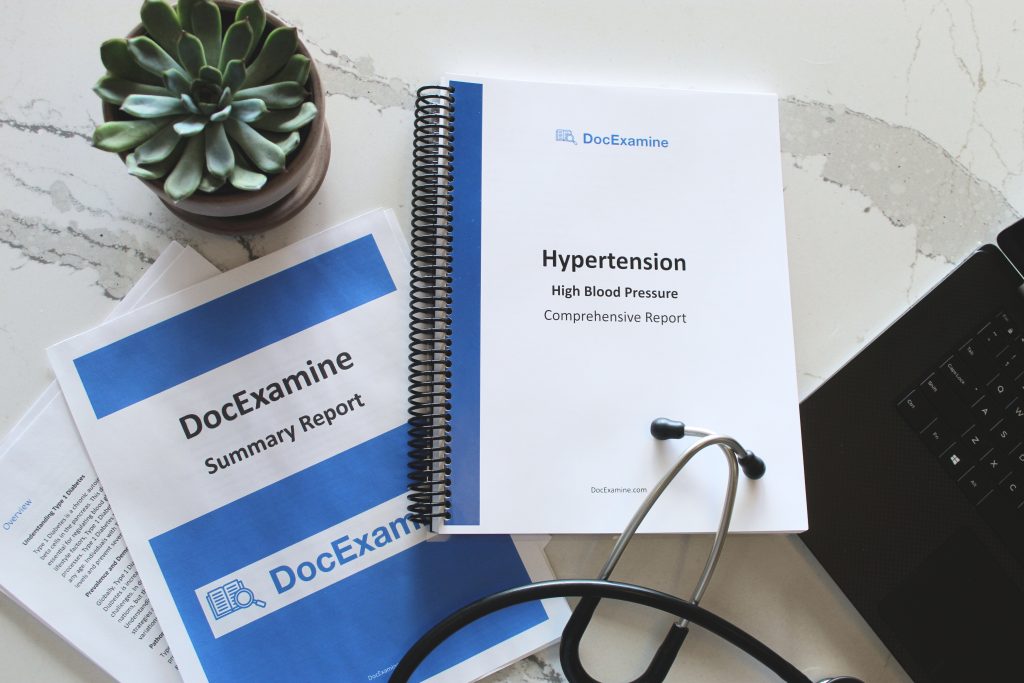
Type 2 diabetes has become a household name in discussions about modern health challenges. With its growing prevalence, understanding its causes and risk factors is more important than ever. In this post, we’ll dive into the latest research on type 2 diabetes, unravel the complex mix of causes, and share practical tips on reducing diabetes risk—all while keeping the conversation engaging and informative.
The Multifaceted Causes of Type 2 Diabetes
Type 2 diabetes doesn’t have a single culprit. Instead, a variety of factors contribute to its development:
- Genetics & Family History: If your parents or siblings have type 2 diabetes, you might have inherited a predisposition to the disease.
- Lifestyle Choices: Poor diet, lack of exercise, and being overweight are significant players in the development of type 2 diabetes. Researchers have found that excess weight, particularly around the abdomen, can lead to insulin resistance—the hallmark of the condition.
- Environmental Influences: Our environment—from the types of food available to the cultural habits around meals—also shapes our risk profile.
These causes intertwine to create a perfect storm for the onset of type 2 diabetes. Understanding each component helps you pinpoint where to focus your efforts if you’re looking to lower your risk.
Key Risk Factors You Shouldn’t Ignore
Identifying risk factors is the first step toward prevention. Here are the major red flags:
- Age: While type 2 diabetes can occur at any age, risk increases as you get older, especially after age 45.
- Ethnicity: Certain ethnic groups have a higher predisposition due to genetic and socio-economic factors.
- Sedentary Lifestyle: A lack of physical activity can contribute to weight gain and poor insulin sensitivity.
- Unhealthy Diet: Consuming high-calorie, sugary, or processed foods frequently can tip the scales toward diabetes.
By recognizing these risk factors, you can take early action to make healthier choices—helping to curb the progression to full-blown diabetes.
The Latest Research on Type 2 Diabetes
Scientists are continually uncovering new insights into the inner workings of type 2 diabetes. Recent studies have highlighted:
- Innovative Treatments: Emerging research points toward new medications and interventions that can improve insulin sensitivity and even reverse some of the disease’s effects.
- Preventative Strategies: Lifestyle modifications, including changes in diet and increased physical activity, have been shown to significantly reduce diabetes risk—even in high-risk populations.
- The Role of Inflammation: Researchers are exploring how chronic, low-grade inflammation may be a driving force behind insulin resistance, opening doors for anti-inflammatory therapies.
These breakthroughs not only expand our understanding of type 2 diabetes causes but also pave the way for more effective strategies in reducing diabetes risk.

Top Tips for Reducing Your Diabetes Risk
Prevention is the best medicine. Here are some actionable steps to help lower your risk:
- Adopt a Balanced Diet: Focus on whole foods—think fruits, vegetables, lean proteins, and whole grains—to manage your blood sugar and weight.
- Stay Active: Aim for at least 150 minutes of moderate exercise per week. Even brisk walking can have a significant impact!
- Regular Check-Ups: Early detection is key. Regular screenings can catch any warning signs before they escalate.
- Manage Stress: Chronic stress can lead to hormonal imbalances that affect insulin function. Consider mindfulness or yoga as part of your daily routine.
Incorporating these tips into your lifestyle can create a ripple effect, not just for diabetes prevention but for overall well-being.
Final Thoughts
Understanding the causes and risk factors of type 2 diabetes empowers you to take proactive steps toward a healthier life. By staying informed about the latest research and making mindful lifestyle choices, you can significantly reduce your risk and enjoy a better quality of life. Remember, knowledge is power—especially when it comes to your health.
Read More
- Mind and Body: How Type 2 Diabetes Affects Mental Health

- Meal Planning 101: Crafting a Diabetic-Friendly Diet

- Heart Health and Type 2 Diabetes: Reducing Cardiovascular Risks

Sources
- American Diabetes Association https://www.diabetes.org/
- Centers for Disease Control and Prevention (CDC) https://www.cdc.gov/diabetes/
- Mayo Clinic https://www.mayoclinic.org/diseases-conditions/type-2-diabetes/symptoms-causes/syc-20351193


